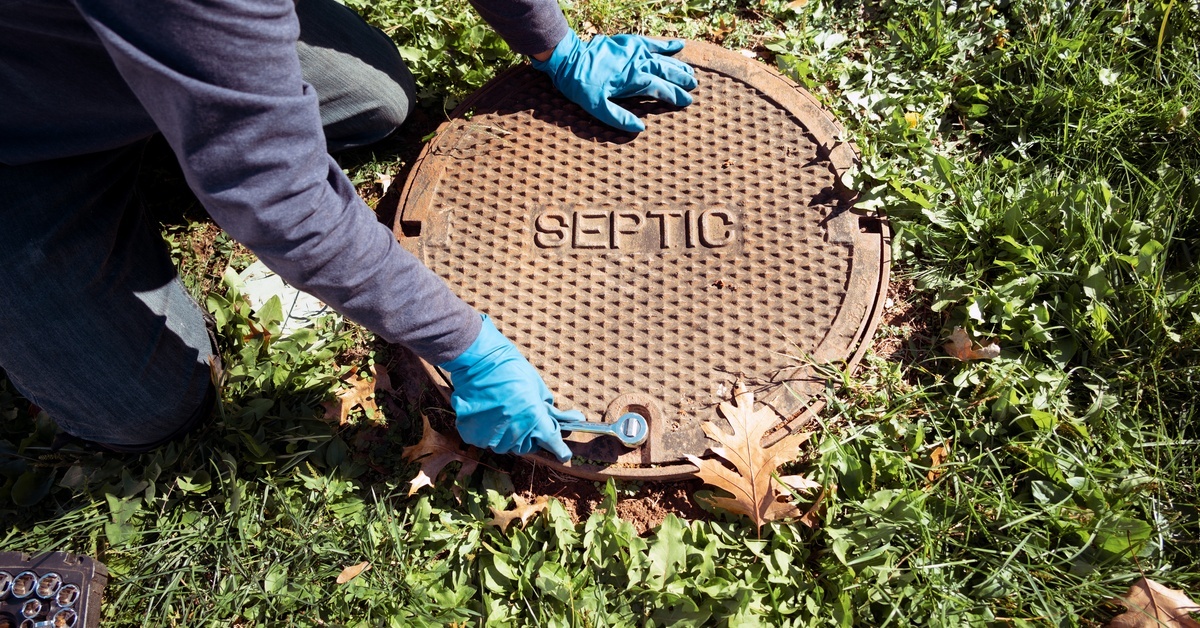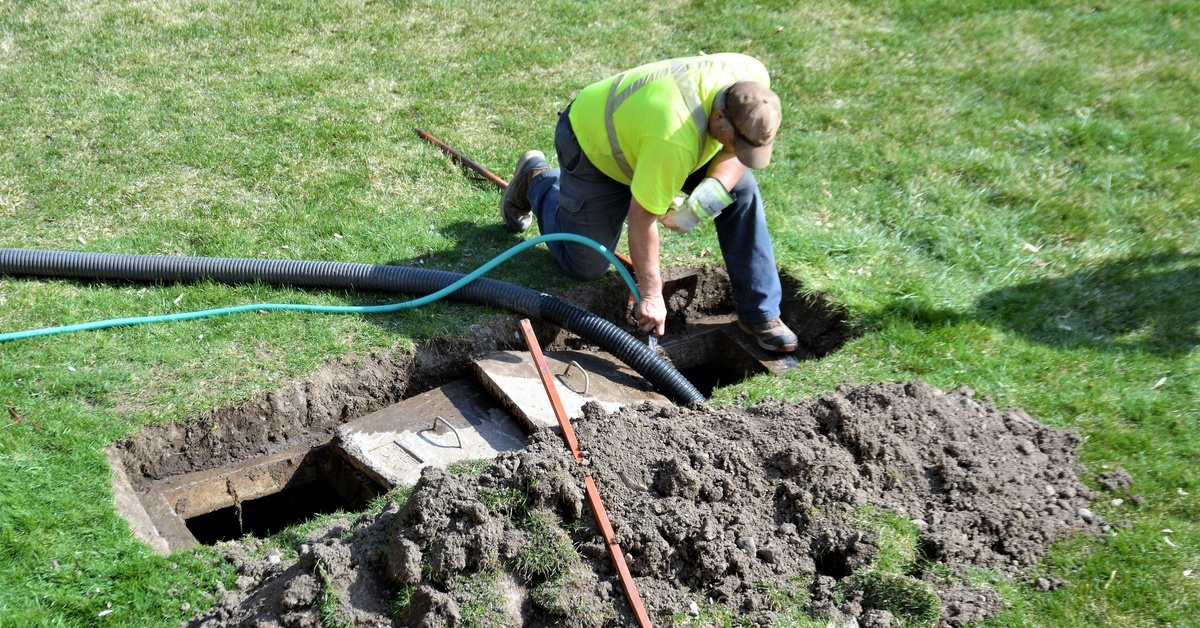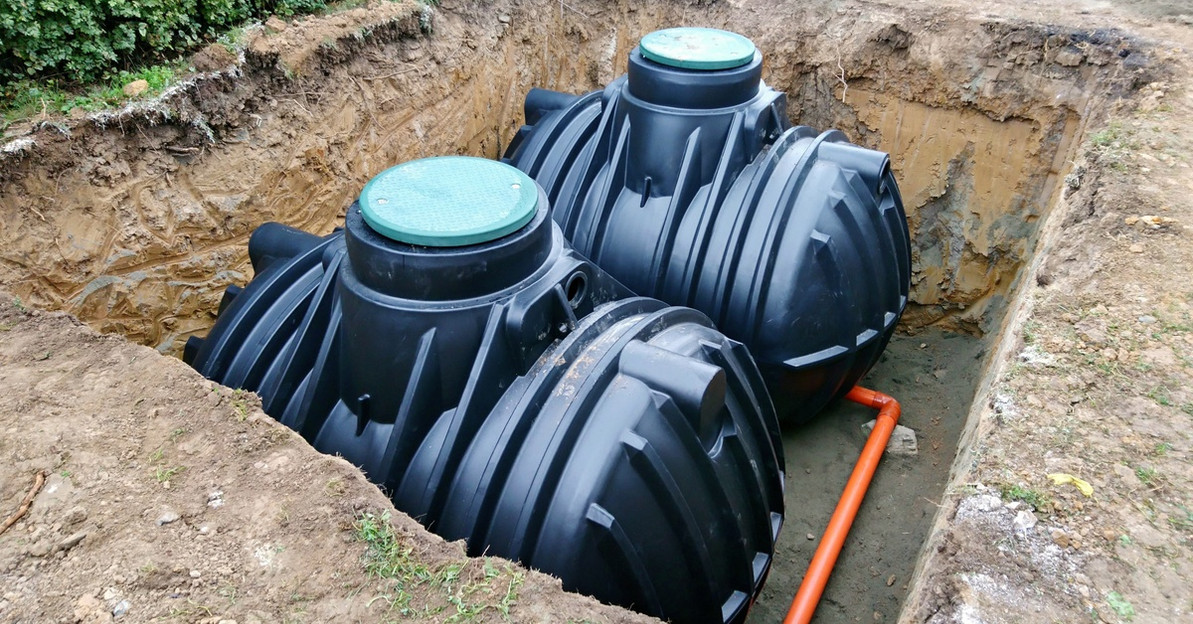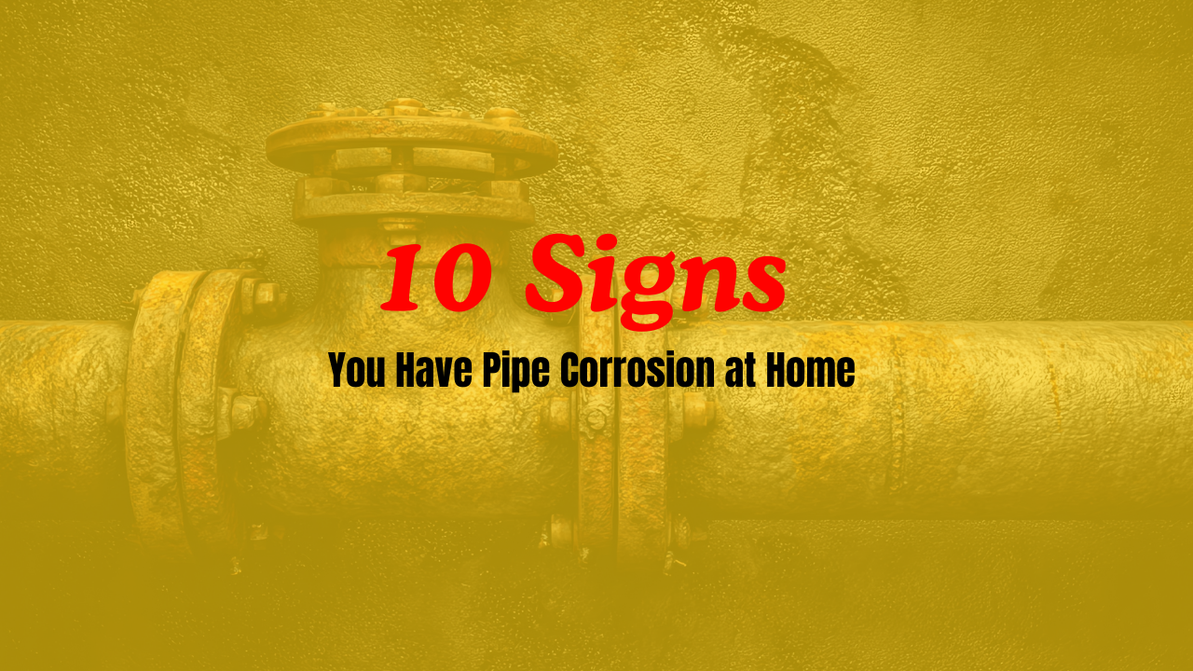Best Practices for Maintaining Septic Systems
Septic systems are an essential component of waste management for properties not connected to a centralized sewer system, and proper maintenance is vital for their longevity and functionality. A well-maintained system not only prevents costly repairs or replacements but also protects the environment and ensures the health of those residing in the household. Understanding the best practices for maintaining septic systems helps keep your property safe and clean.
Understanding How a Septic System Works
Before implementing maintenance practices, it’s essential to understand the basics of how a septic system functions. A typical septic system comprises two main components: the septic tank and the drain field, or leach field. The septic tank collects wastewater from the household, separating solids from liquids. Microorganisms within the tank break down organic matter, while the liquid effluent is gradually released into the drain field for further filtration.
This process relies on a delicate balance of natural operations, including bacteria activity, proper water flow, and soil absorption. When this balance is disrupted by misuse or poor maintenance, issues such as clogs, overflows, or contamination can occur.

Routine Inspection and Pumping
One of the most critical steps in maintaining a septic system is scheduling regular inspections and pumping. An inspection by a certified professional should occur at least every three years, although some systems with mechanical components may require more frequent evaluations. During an inspection, a technician will assess the sludge and scum levels in the tank, as well as check for leaks and damage.
Pumping the septic tank is equally important and generally recommended every three to five years, depending on household size, tank size, and water usage. Pumping removes the buildup of solids before they accumulate to a level that may cause blockages or seep into the drain field. Proactive pumping extends the life of your system and minimizes the risk of unexpected failures.
Mindful Water Usage
Managing water consumption is an effective way to protect your septic system. Excessive water usage can overwhelm the system and hinder its ability to treat wastewater efficiently. Spread out water-intensive activities such as laundry and dishwashing throughout the week to avoid overloading the tank in a short period.
Installing high-efficiency appliances and fixtures, such as low-flow toilets and showerheads, can significantly reduce the household’s water output. Leak repairs should be promptly addressed, as even minor drips can add up to a substantial amount of water entering the septic system unnecessarily.
Proper Waste Disposal
What you flush down the toilet or pour down the drain has a direct impact on the health of your septic system. Only biodegradable materials intended for septic systems should be disposed of through these pathways. Items like paper towels, wipes (even if labeled flushable), feminine hygiene products, and dental floss can cause clogs and damage to the system.
Avoid pouring chemicals, grease, or oils down the drain. These substances can kill the beneficial bacteria in the tank, disrupt the natural decomposition process, or solidify and block pipes. Look for environmentally friendly cleaning products when possible to prevent harmful chemicals from entering the system.
Maintaining the Drain Field
The drain field is a critical component of septic system operation, but something that many overlook. Preserving its integrity requires careful attention to land use and activity in the area. It’s important to keep heavy machinery or vehicles off the drain field to prevent soil compaction, which can reduce its ability to absorb liquids effectively.
Consider landscaping techniques to protect the drain field, such as planting grass or shallow-rooted plants, which can enhance soil stability while avoiding root intrusion. Ensure that water runoff from roofs, driveways, or other sources is diverted away from the area to prevent excessive water infiltration. Keeping the drain field in good condition will help your septic system function as intended for years to come.
Avoiding Septic System Additives
Septic system additives are often marketed as solutions to enhance tank performance or reduce the need for pumping. However, these products are typically unnecessary and can sometimes do more harm than good. The natural bacterial activity within the tank is usually sufficient for breaking down waste, and adding chemicals may disrupt this balance.
Instead of relying on additives, focus on consistent maintenance and proper usage habits. If you have concerns about the state of your septic system, consult a professional rather than turning to unverified solutions.
Monitoring Warning Signs
Recognizing early warning signs of septic system issues can help you address problems before they become emergencies. Common indicators include slow drains, foul odors near the tank or drain field, and pooling water in your yard. These symptoms may signal clogs, leaks, or an overfilled tank.
If you notice any of these warning signs, take immediate action by contacting a septic system professional. Delaying repairs can lead to more extensive damage, higher costs, and potential environmental concerns if untreated wastewater contaminates nearby soil or water sources.
Educating Household Members
Proper maintenance is a household effort. Educating all household members about septic system care and usage can prevent accidents and misuse.
Everyone should understand the importance of conserving water, disposing of waste correctly, and recognizing signs of system distress. With a collective responsibility, maintaining the septic system becomes a manageable task.

Environmental and Public Health Benefits
Taking steps to maintain a septic system not only benefits you financially but also plays a crucial role in protecting the environment and public health.
A failing system can release untreated wastewater, which may contaminate groundwater and local bodies of water, endangering both humans and wildlife. By properly caring for your septic system, you contribute to preserving the surrounding ecosystem and ensuring a clean water supply for your community.
Maintain Your Septic System
Knowing how to maintain a septic system requires a combination of regular professional care, mindful usage habits, and attention to warning signs. By following these best practices, you can extend the lifespan of your system, prevent costly repairs, and safeguard the environment. Proper septic system maintenance is an investment in the health and safety of your home and the surrounding area, providing peace of mind for years to come.
Whether for commercial or private use, at 24 Hr Supply, we have a wide selection of professional plumbing supplies. If you know what you need to get the job done, we’re happy to provide you with the means to do so—and if you don’t know what you need for your task, contact us and we’ll help you out!
Recent Posts
-
What Causes Pipe Corrosion?
Pipe corrosion occurs when metal reacts with water, oxygen, and minerals over time. Factors that spe …Feb 2nd 2026 -
Commercial vs. Residential Plumbing: 15 Key Differences You Need to Know
Plumbing might seem straightforward at first glance, but residential and commercial systems are fund …Feb 2nd 2026 -
What Is a Circulator Pump and How Does It Work?
Water needs to keep moving efficiently in plumbing and HVAC systems, and that’s where a circulator p …Feb 2nd 2026





